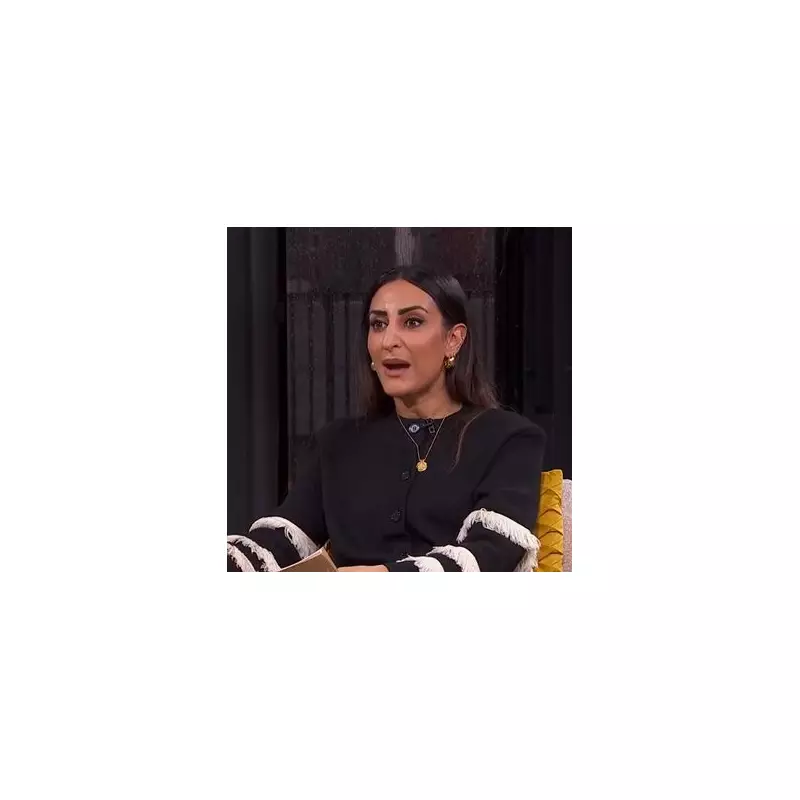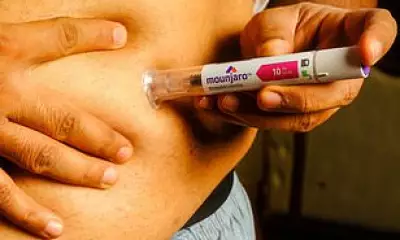
An NHS GP and regular BBC Morning Live presenter has issued an urgent public health warning, not about a virus, but about a surge in predatory medical scams. Dr Punam Krishan took to social media to highlight what she describes as a deeply 'worrying problem' she is encountering 'more and more' in her profession.
The Three 'Worrying' Health Scams You Need to Spot
In a detailed Instagram post to her 127,000 followers, Dr Krishan outlined the specific tactics scammers are using to exploit people's health anxieties. She emphasised that these schemes are designed to create panic, making individuals more likely to hand over sensitive information or money.
The first major scam involves fake GP calls. 'This is people being told to press a button to update their personal details urgently or they'll be removed from their GP list,' she explained. NHS boards across Scotland have already issued alerts about this specific fraud. Dr Krishan offered a crucial reassurance: 'Your GP practice will never ask you for bank details over the phone. They will never threaten to remove you from the list if you don't press a button or will they ever ask you for payment to stay registered.'
Her advice is to trust your instincts. If a call feels 'off', too urgent, or pushy, it is almost certainly a scam. She added that a genuine practice would never mind you double-checking with them directly.
AI Deepfakes and Rogue Online Pharmacies
The second growing threat comes from AI doctor deepfakes. These are sophisticated, realistic videos of so-called doctors giving health advice or selling miracle cures. 'Some use AI to actually mimic real clinicians' faces and voices without their consent,' warned Dr Krishan. A major red flag is if someone online is directly selling a product or making extravagant promises. 'Real health care does not rely on pressure or emotive medical language,' she stated.
The third 'massive issue' is fake online pharmacies. These websites often look completely legitimate with clean layouts and medical-looking branding, but they are not registered. 'When you're ordering these things, you simply don't know what's actually in these medicines,' she cautioned. Some products tested by the MHRA have been found to contain wrong doses or even unsafe, toxic chemicals.
Dr Krishan's vital guidance is to always check for the green MHRA pharmacy logo when buying medication online. 'If it doesn't have this, this is not from a real pharmacy nor has that drug been approved.'
How to Protect Your Health and Your Wallet
Dr Krishan urged the public to seek health information only from trusted, evidence-based sources. These include the NHS website, NHS Inform in Scotland, and major medical charities like Cancer Research UK, the British Heart Foundation, and Asthma + Lung UK.
'These organisations are updated regularly, they are transparent about risks and benefits, and most of all, they're not trying to sell you anything,' she said. If you see medical advice online, take a moment to cross-check it on one of these reputable sites. Furthermore, if someone claims to be a doctor, you can verify their registration on the official GMC register.
She also addressed the real physical and emotional impact of being scammed. 'It is a real shock to the system... Your heart can race, your stomach drops, you might feel shaky, you might feel sick or lightheaded with chest tightness.' If such a shock leaves you feeling unwell, especially with symptoms like chest pain, dizziness, or breathlessness, she advises seeking urgent medical help immediately.
Her final message was one of vigilance and self-compassion: 'Stay vigilant and stay kind to yourself. It can happen to absolutely anyone.'






